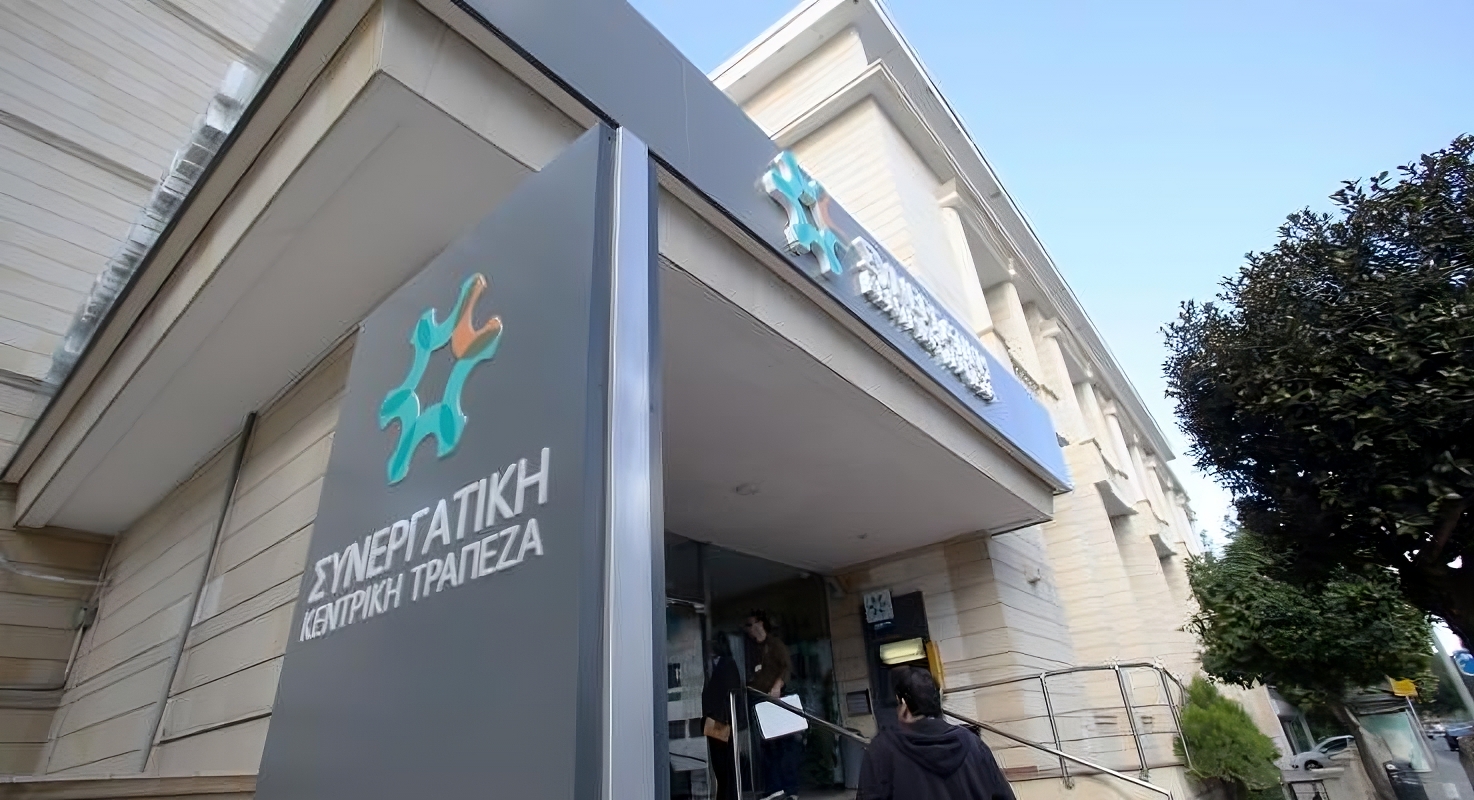The society for the promotion of cooperative banks in Cyprus has expressed its support for the efforts of Finance Minister Makis Keravnos to spark growth in the sector.
This is in reference to an interview the minister gave to Cypriot newspaper Haravgi, where he described the initiative to create a new cooperative organisation as “a step in the right direction,” provided that it is based on a proper legislative framework and operates rationally, free from external interference.
In the irterview, Keravnos acknowledged the “historical significance of the cooperative movement in Cyprus, particularly its role in supporting disadvantaged groups and farmers”.
However, he noted that as the movement expanded, various issues emerged, leading to its eventual collapse.
“I view this prospect very positively,” the minister stated.
“Given the current circumstances, it may be something that both society and the economy need,” he added.
In response, the society underscored the necessity of a new cooperative banking sector in Cyprus, arguing that it could “bridge the significant gap that has emerged between commercial banks and civil society”.
“The Pan-Cypriot Cooperative Bank aims to fill this void, adhering strictly to the prescribed legal procedures while upholding the principles of transparency, meritocracy, and respect for citizens, and remaining free from any external influences,” the organisation stated.
“Our focus is on people, the principles and values of the cooperative ideal, thereby contributing to Cyprus’ economy and society,” the statement concluded.
Interconnector, energy costs, CoLA, foreign investment
Elsewhere in the interview, Keravnos also discussed key economic issues, including the Cyprus-Greece electricity interconnection, energy costs, taxation, and economic diversification.
He described the interconnection project as highly complex, with financial concerns partially validated by an independent study. He said that these concerns have been raised with the implementing organisation.
Moreover, he stated that he expects energy costs to remain high in 2025, attributing this to geopolitical factors, including the war in Ukraine.
He also mentioned that the government is working to advance stalled projects like the Vasilikos LNG terminal while subsidising electricity costs.
On taxation, he stressed that any reduction in VAT on electricity must align with EU obligations.
Regarding a windfall tax on energy companies, he warned against policies that could deter investment in renewables.
He added that green taxation will proceed in May, with all revenues returned to the public.
Keravnos also acknowledged concerns over foreign property ownership but emphasised the need to shift Cyprus’ economic model beyond real estate.
Furthermore, he expressed support for the cost-of-living allowance (CoLA) but called for consideration of changing economic conditions.
Finally, he backed collective agreements but defended outsourcing in public services, saying that “it is necessary at times to utilise private sector services”.






Click here to change your cookie preferences